Reminder: New TfNSW Standards for Zero Emission Buses Take Effect September 2025
As a reminder, four new Transport for NSW (TfNSW) standards for Zero Emission Buses (ZEBs) will come into effect starting September 2025. Details on them are listed in the July 2024 Technical Webinar pages 16 & 17.
These standards are also available via the TfNSW Standards Porta:l https://standards.transport.nsw.gov.au/search-standard/
The new standards include:
- TS 00086 – Battery Electric Buses: Electric Powertrain Safety
Covers safety requirements, battery storage data (REESS), emergency services information, and powertrain activation protocols. - TS 00089 – Battery Electric Buses: Charging Interoperability
Defines charger compatibility and standards for both CCS2 and Pantograph systems. - TS 00090 – Zero Emission Buses: On-Road Safety
Outlines AVAS system functionality and regenerative braking requirements, with specific notes for large buses not designed to carry standing passengers. - TS 00091 – Battery Electric Buses: Functional Range
Sets standards for energy consumption, including HVAC system usage.
While no fire updated safety standard has been officially released, we are monitoring this closely and will notify members of any developments.
BIC and NHVR Collaborate on Driver Safety Screen Guidelines Ahead of Forthcoming Launch
The Bus Industry Confederation (BIC) key members, in collaboration with the National Heavy Vehicle Regulator (NHVR), is preparing to launch in September information to support simplified pathways of driver safety screens in buses. This initiative responds to the growing need to protect drivers from physical assault, particularly in light of increasing antisocial behaviour.
The forthcoming NHVR Exemption Notice supported by the BIC Guidance Document, outlines key considerations for manufacturers, operators, and screen suppliers. It provides information on vehicle standards requirements and exemptions needed (where necessary) for in-service modifications, including visibility, glazing, ventilation, and emergency access.
This collaborative effort between BIC and NHVR marks a significant step forward in enhancing driver safety across the bus industry, with the official launch.
Watch this space for further information.
Response to calls for feedback on proposed National Harmonised ZEB Specifications
Following its recent industry-wide survey, the Bus Industry Confederation (BIC) has responded to the National Zero Emission Bus (ZEB) Harmonisation Working Group’s consultation on a proposed nationally consistent set of minimum requirements for ZEBs. The survey covered 19 key high level areas, from vehicle range to door standards.
The July 2025 consultation reflects feedback from over 75% of the Australian bus industry, including operators and suppliers.
Support for National Consistency
The consultation revealed overwhelming support for a harmonised national approach to ZEB specifications. Stakeholders backed alignment with established international standards—particularly in areas such as fire safety, braking systems, and energy use—to avoid fragmented, jurisdiction-specific requirements.
The industry highlighted four key areas for further refinement:
- Design Life – A practical minimum of 18 years is preferred over longer targets due to battery lifecycle and technological obsolescence.
- Battery Range – Emphasis on usable energy and real-world performance metrics over fixed distance targets.
- Warranty Metrics – Support for warranties based on battery state of health, cycle count, and energy throughput.
- Vehicle Mass Limits – Strong advocacy for increasing weight allowances to maintain passenger capacity, especially for school and regional buses.
Beyond the original scope, BIC members also called for:
- Consistency in local content requirements to support Australian jobs.
- Inclusion of Fuel Cell Electric Vehicles (FCEVs) in future standards.
- A standardised battery recycling framework to ensure sustainable end-of-life management.
Collaborative Path Forward
BIC reaffirmed the industry’s commitment to working closely with government bodies to refine and implement standards. BIC also emphasized that its members—spanning manufacturers, operators, and suppliers—each with their own deep expertise are in a prime position to assist with further refinement.










